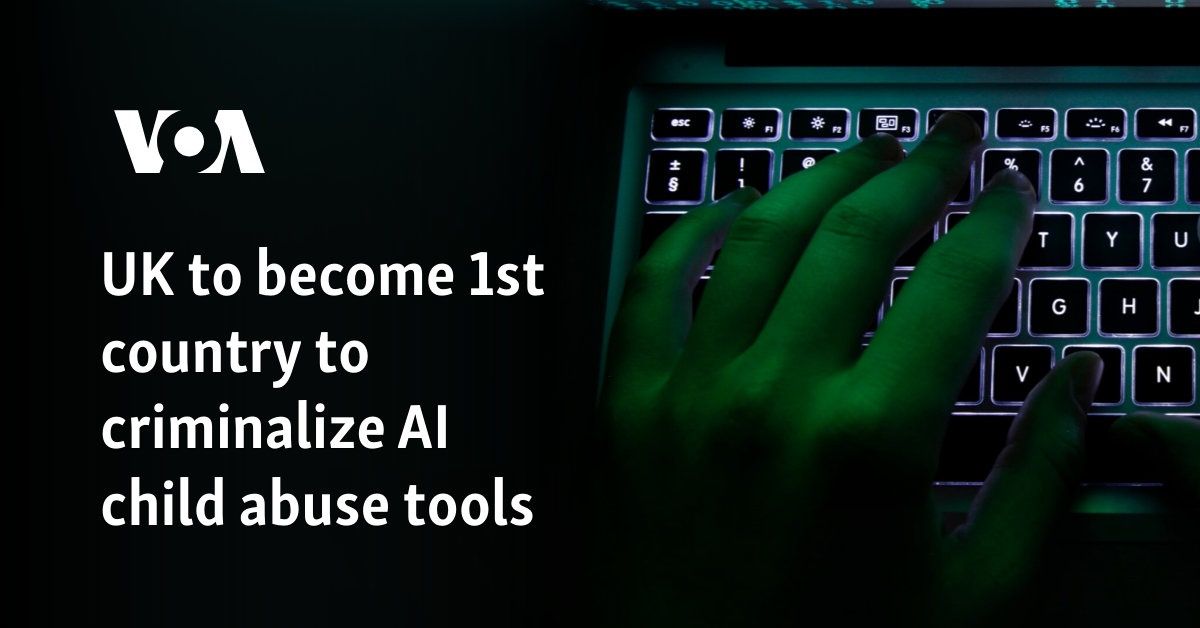Britain To Crack Down On AI Tools Used In Child Sexual Abuse

London, UK - The British government announced Saturday that it will become the first country to introduce laws against AI tools used to generate sexualized images of children. The new legislation aims to eradicate the growing threat of child sexual abuse online.
Interior Minister Yvette Cooper revealed that anyone caught possessing, creating or distributing AI tools designed to generate sexualized images of children will face a maximum sentence of up to five years in prison. Possessing "pedophile manuals" that instruct people on how to use AI for this purpose will result in a penalty of up to three years. Those found guilty of operating websites catering to pedophiles and sharing or promoting child abuse content can expect to receive a ten-year sentence.
Cooper emphasized the importance of protecting Britain's children from online predators, stating, "We know that sick predators' activities online often lead to them carrying out the most horrific abuse in person." She added, "It is vital that we tackle child sexual abuse online as well as offline."
The new laws will specifically target AI tools used to generate child sexual abuse images by "nudeifying" real-life images or "stitching the faces of other children onto existing images." It will also crack down on "predators who run websites designed for fellow pedophiles to share vile content and share advice on how to groom children," targeting those responsible for online grooming.
The measures are set to be introduced as part of the Crime and Policing Bill, pending passage through parliament. This move is welcomed by authorities, including the Internet Watch Foundation (IWF), which has warned about the growing threat of AI-generated child abuse images. In a recent 30-day analysis period in 2024, IWF analysts identified over 3,500 AI child abuse images on a single dark web site.
The alarming rise in AI-generated child abuse content highlights the need for proactive legislation and law enforcement efforts to protect children from online exploitation.
